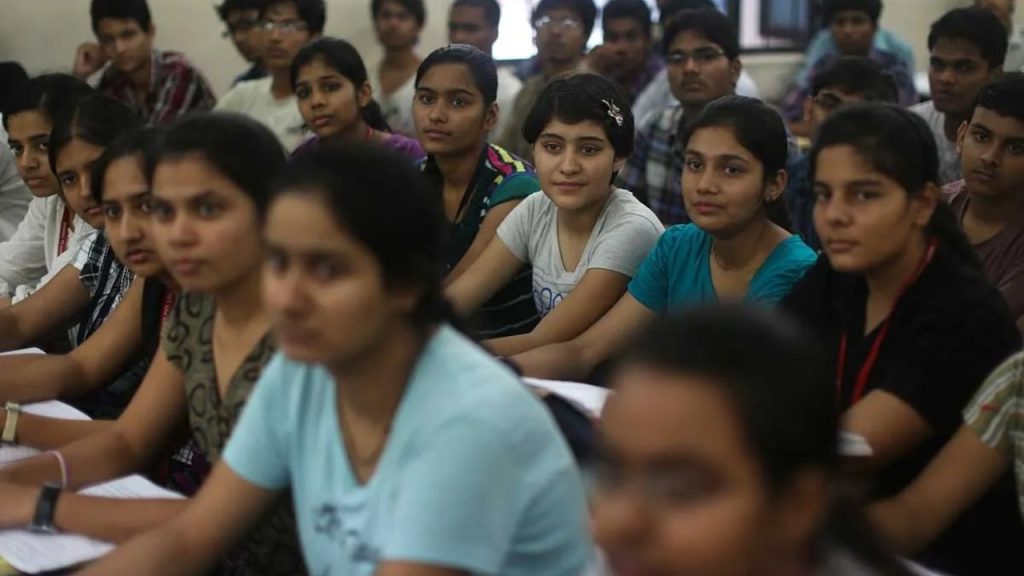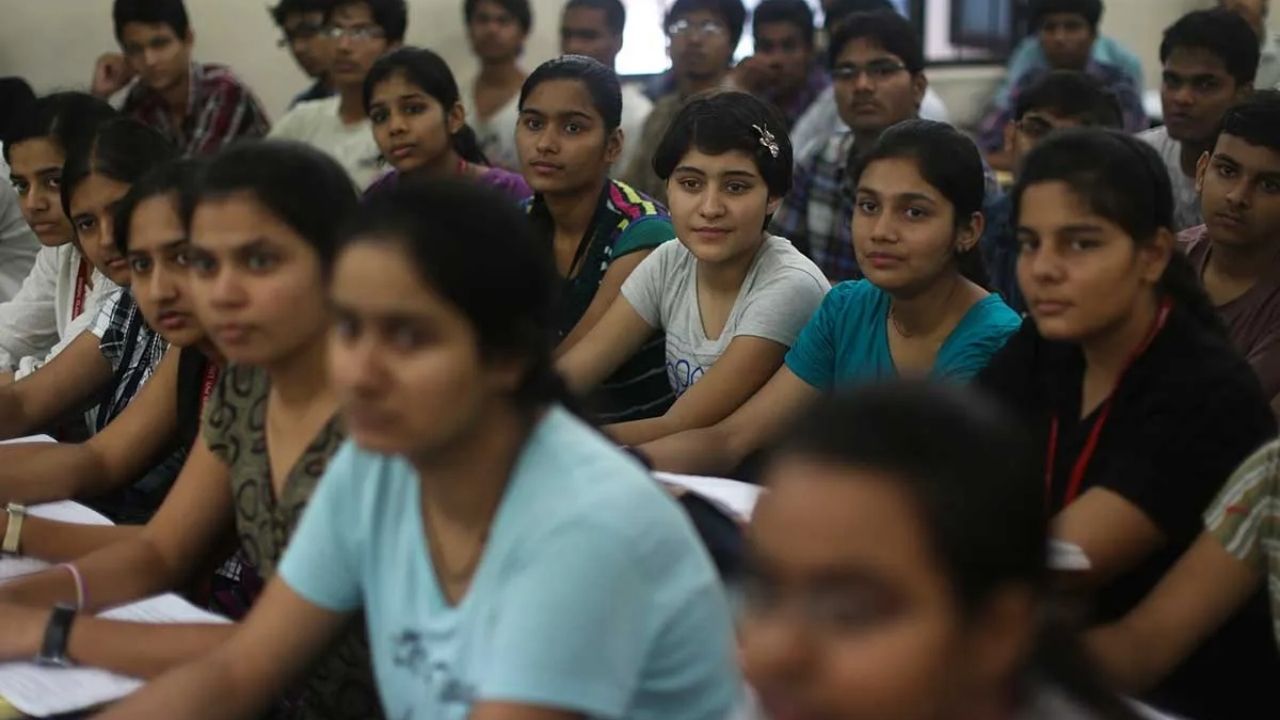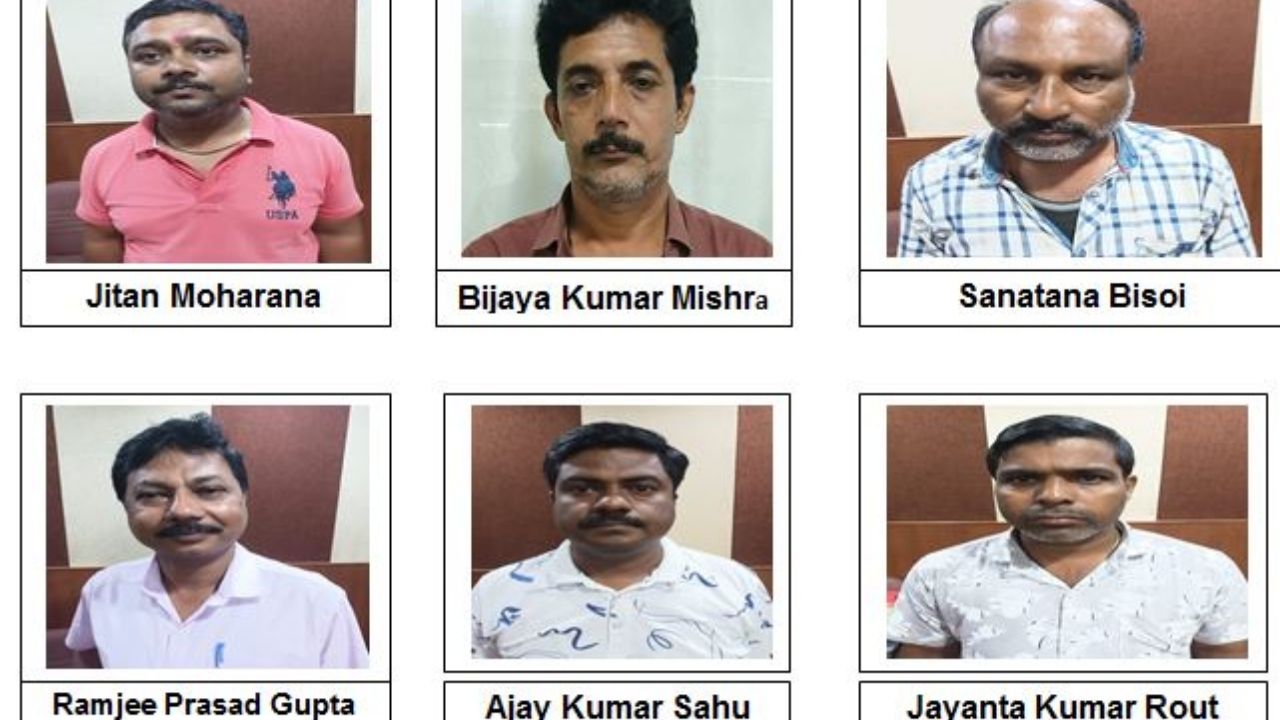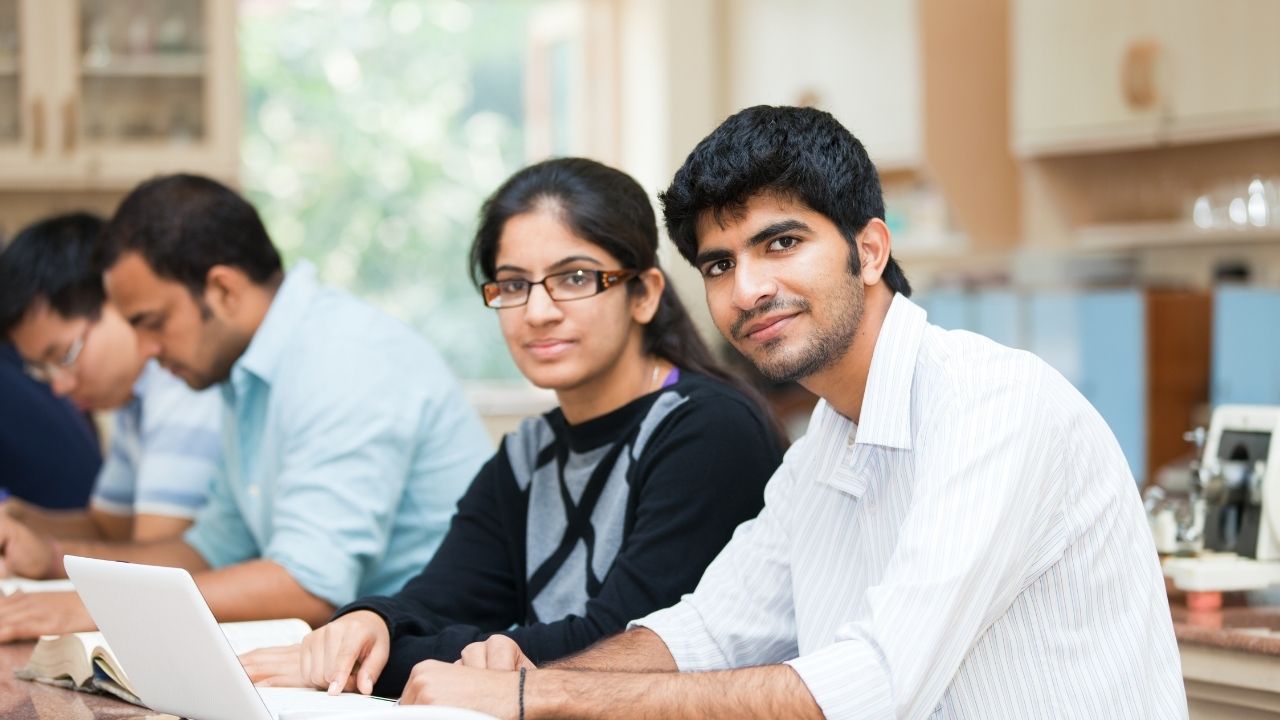In the eastern Indian states of West Bengal and Odisha, a burgeoning private coaching culture has become an indispensable, yet controversial, part of a student’s journey. This parallel education system, driven by fierce competition for limited university seats and government jobs, is placing immense financial and psychological pressure on families and students, prompting recent government intervention to regulate the multi-billion dollar industry.

The High Stakes of ‘Shadow Education’
What education experts term “shadow education” is a system of private, fee-based tutoring that mirrors the formal school curriculum. Its primary goal is not just to supplement school learning but to provide a competitive edge in high-stakes national entrance exams. For millions of students in West Bengal and Odisha, success in exams like the National Eligibility cum Entrance Test (NEET) for medicine or the Joint Entrance Examination (JEE) for engineering is seen as the only pathway to a stable, prosperous career.
“The school system is often perceived as inadequate for preparing students for the sheer intensity of these competitive exams,” said Dr. Anirban Ghosh, an education policy analyst based in Kolkata. “Coaching centers fill this gap, offering specialized instruction, rigorous testing, and strategies tailored specifically to exam patterns. For many families, it’s no longer an option but a necessity.”
This necessity has fueled explosive growth. From bustling urban centers like Kolkata and Bhubaneswar to smaller district towns, coaching institutes are now a ubiquitous feature of the landscape. Their advertisements promise top rankings and guaranteed success, creating an environment where not enrolling can feel like a disadvantage.

Economic Divides and Growing Inequality
The proliferation of the private coaching culture has exposed and deepened socio-economic divides. With annual fees for premier coaching institutes often ranging from ₹80,000 to over ₹2,00,000 ($960 to $2,400 USD), a sum that can exceed the annual income of many rural households, access to quality exam preparation is increasingly tied to a family’s financial capacity.
This creates significant education inequality. Students from affluent backgrounds can afford elite coaching, multiple mock tests, and personalized tutoring, while those from lower-income families are often left behind. “We took out a loan to pay for our son’s medical coaching,” said Sharmila Das, a homemaker from a suburb of Bhubaneswar. “It is a huge strain on our budget, but what other choice do we have if we want him to have a chance?”
According to a recent National Sample Survey Office (NSSO) report on education, a significant portion of household expenditure on education in India is now directed towards private coaching. This trend forces families to make difficult choices, often cutting back on healthcare and other essential expenses.
A System Under Scrutiny: Government Steps In
In response to growing concerns over exorbitant fees, student stress, and misleading advertisements, India’s Ministry of Education released a comprehensive set of guidelines in early 2024 to regulate coaching centers nationwide. The framework prohibits centers from enrolling students below the age of 16, mandates a transparent fee structure with provisions for refunds, and requires them to prioritize students’ mental well-being by not publishing misleading ads about student success.
“The goal is to bring some semblance of order and accountability to an industry that has operated without significant oversight for decades,” a senior official from the ministry stated during a press briefing. “We cannot allow students’ well-being to be compromised in the name of competition.”
However, the implementation of these guidelines remains a challenge. Many coaching centers operate as small, unregistered businesses, making them difficult to monitor. Leaders in the coaching industry have expressed concerns that a one-size-fits-all approach may not be practical and have called for dialogue with the government to refine the regulations.
The Human Cost of Competition
Beyond the financial strain, the intense environment fostered by the private coaching culture takes a significant human toll. Students often endure grueling schedules, spending 8-10 hours a day shuttling between school and coaching classes, leaving little time for rest or recreation. The immense pressure to perform, coupled with the fear of failure, has been linked to rising levels of anxiety, depression, and other mental health issues among adolescents.
Candidates Entitled to Interview Marks, Says Information Commission to OPSC
Authorities Tighten Campus Security Through Operation Blue Star at Utkal University
More MBBS Seats Approved for Odisha! Check Eligibility, Colleges
“The narrative is entirely success-oriented. There is very little conversation about what happens if you don’t succeed,” notes Dr. Sreya Chatterjee, a child psychologist in Kolkata. “This creates a high-pressure environment where a student’s self-worth becomes inextricably linked to their exam rank.”
The new government guidelines require coaching centers to have a counseling system in place for students. Experts agree this is a positive step but emphasize that a broader societal shift is needed to reduce the overwhelming emphasis placed on a single examination. As long as these exams are perceived as the sole gateway to success, the demand for private coaching is unlikely to wane. The effectiveness of the new regulations in these eastern states will be a critical test of whether the system can be reformed to be more equitable and humane.





